The Witcher 3’s bold approach to player choice continues to influence gaming as CD Projekt Red begins their next epic adventure.
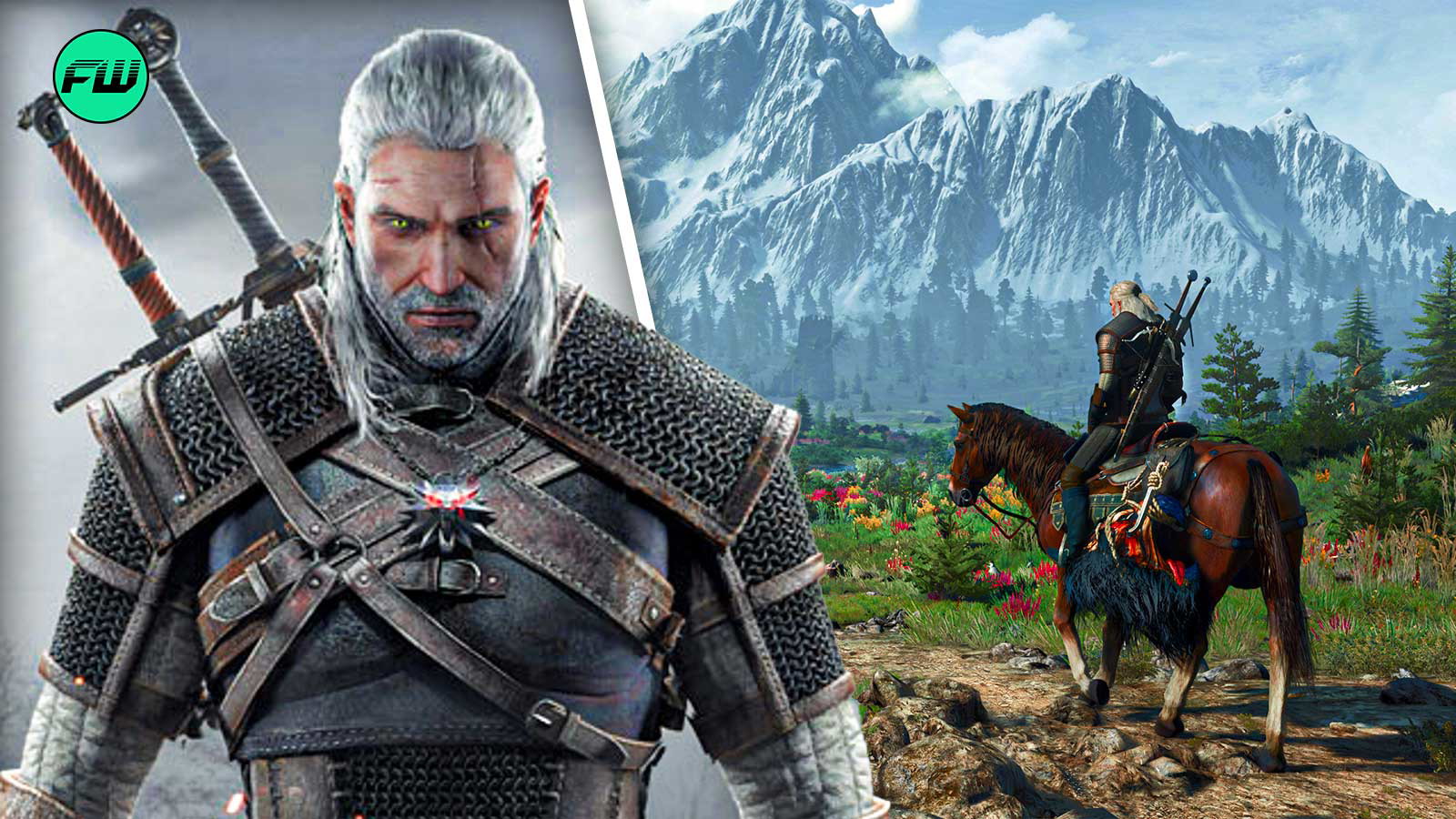
As CD Projekt Red ramps up production on their next major title in The Witcher series, with Project Polaris (lovingly dubbed The Witcher 4 by fans) now entering full development, it’s worth looking back at how The Witcher 3: Wild Hunt revolutionized storytelling in gaming.
The 2015 masterpiece didn’t just set new standards for open-world RPGs; it fundamentally changed how developers approach player choice and consequences.
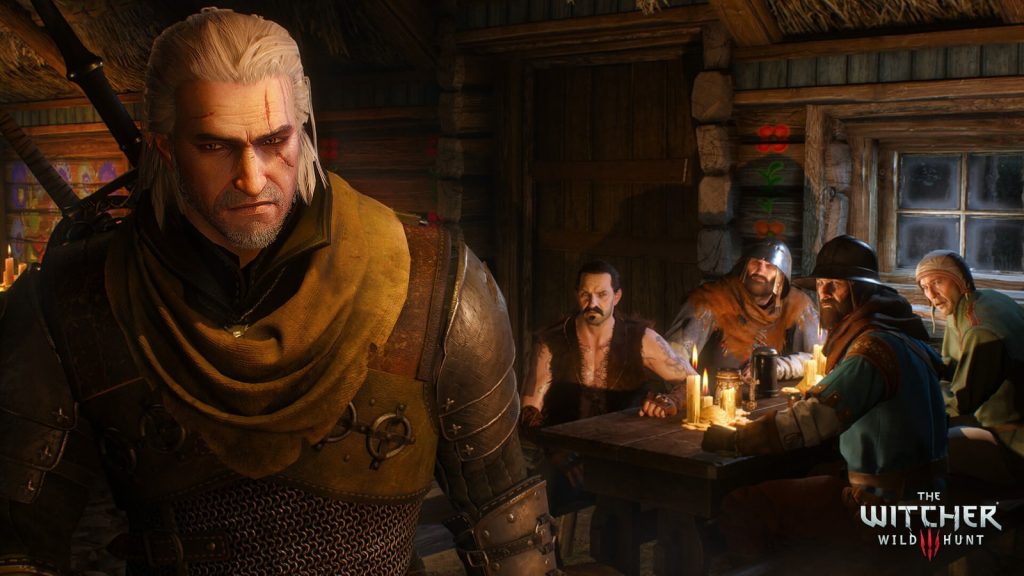 And we’re not talking about that bar scene. | Image Credit: CD Projekt RED
And we’re not talking about that bar scene. | Image Credit: CD Projekt RED
One particular side quest in The Witcher 3 stands out as perhaps the most controversial example of the studio’s uncompromising approach to storytelling. It’s a moment that had players questioning not just their in-game decisions, but the very nature of choice mechanics in gaming.
The Witcher 3‘s Most Heart-Wrenching Decision
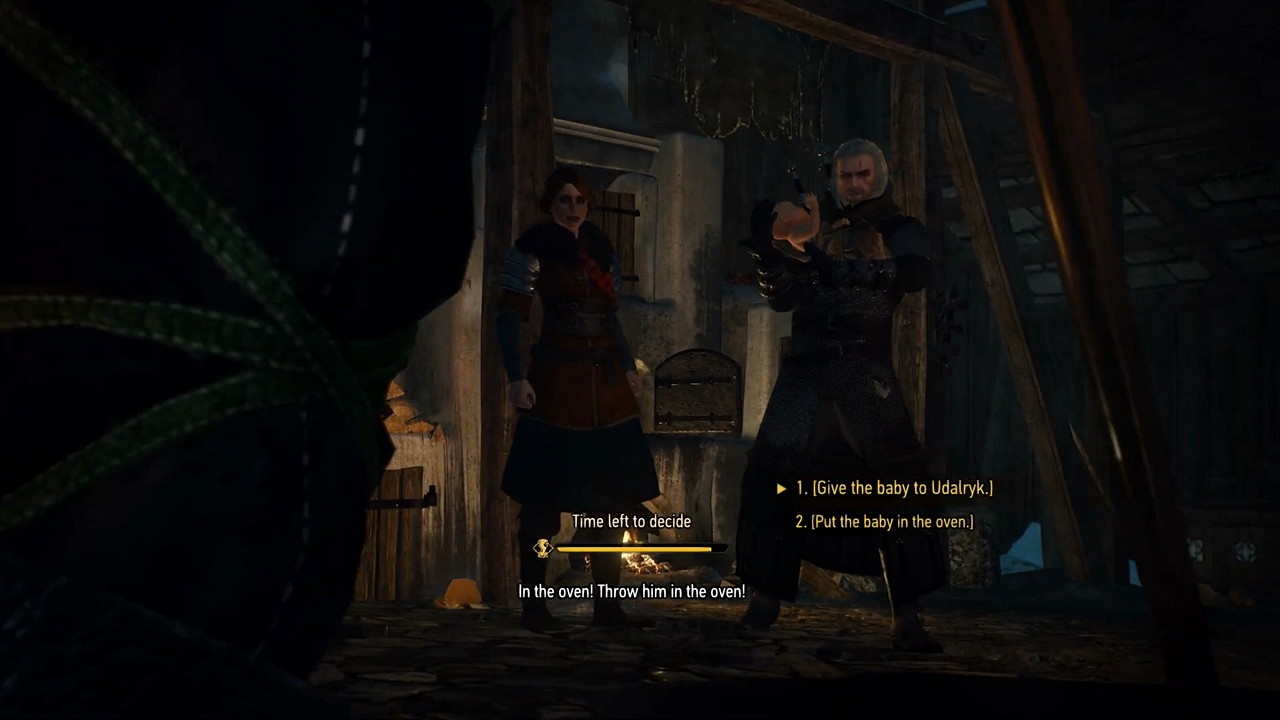
⛶
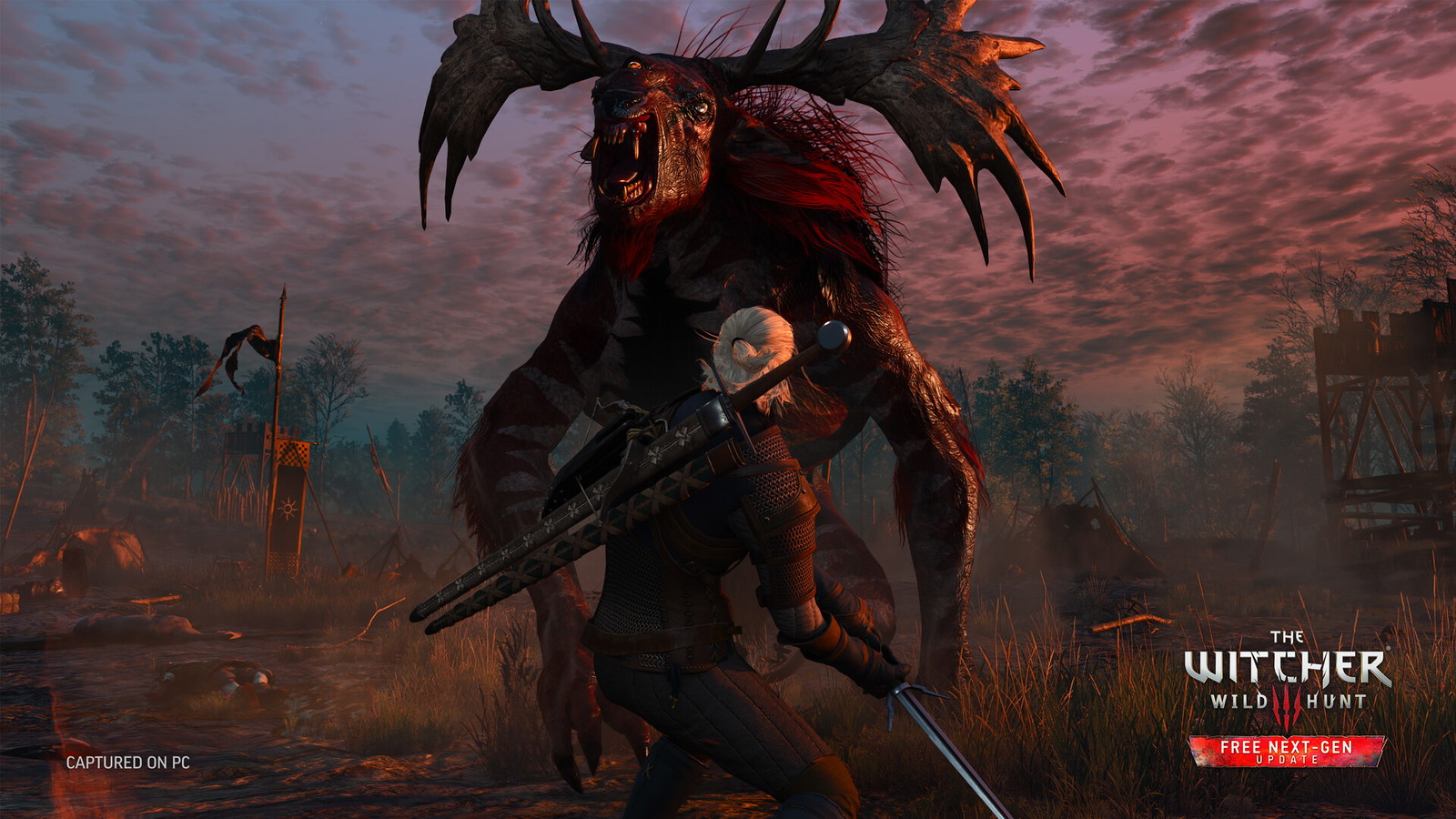
⛶
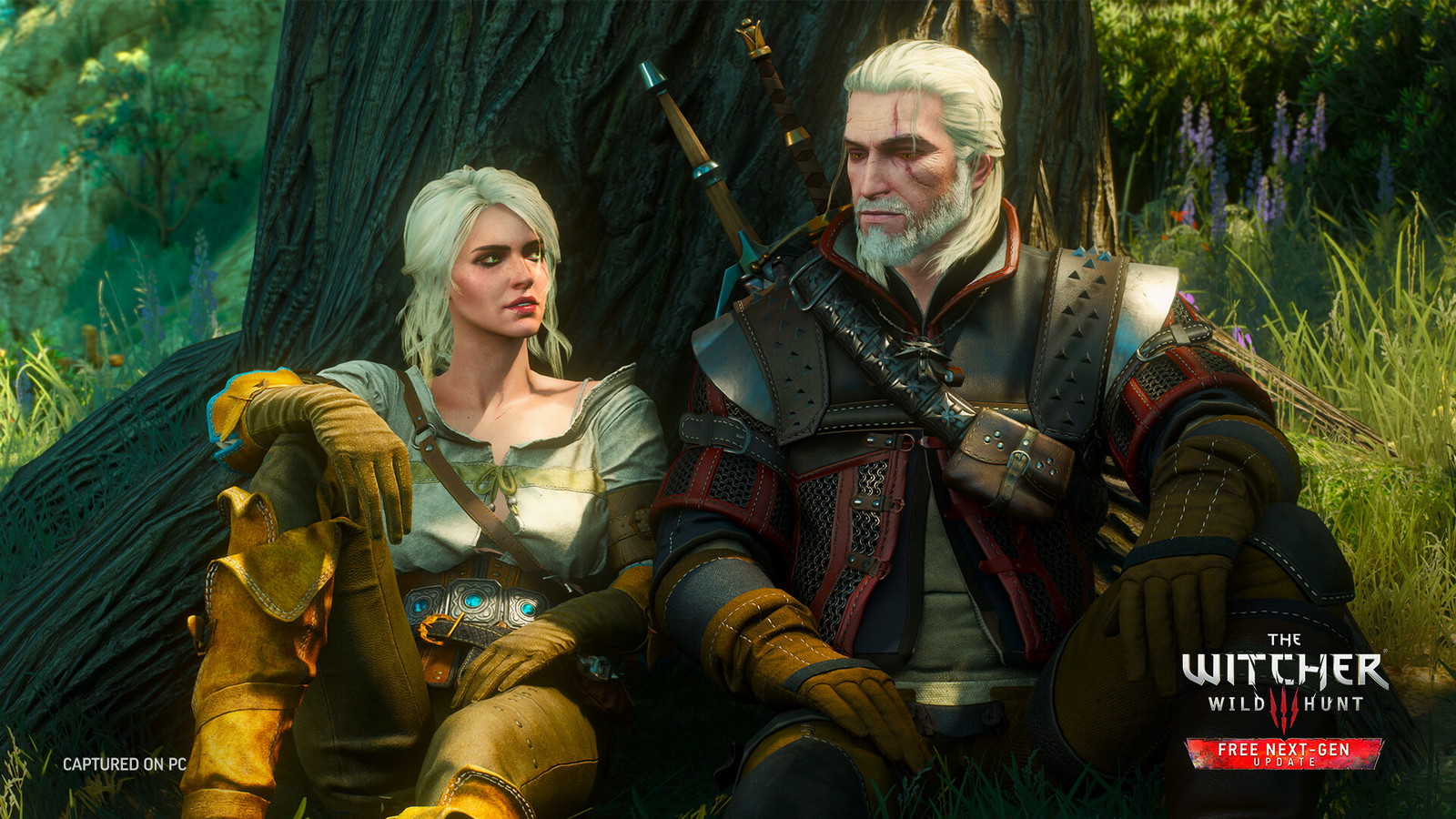
⛶
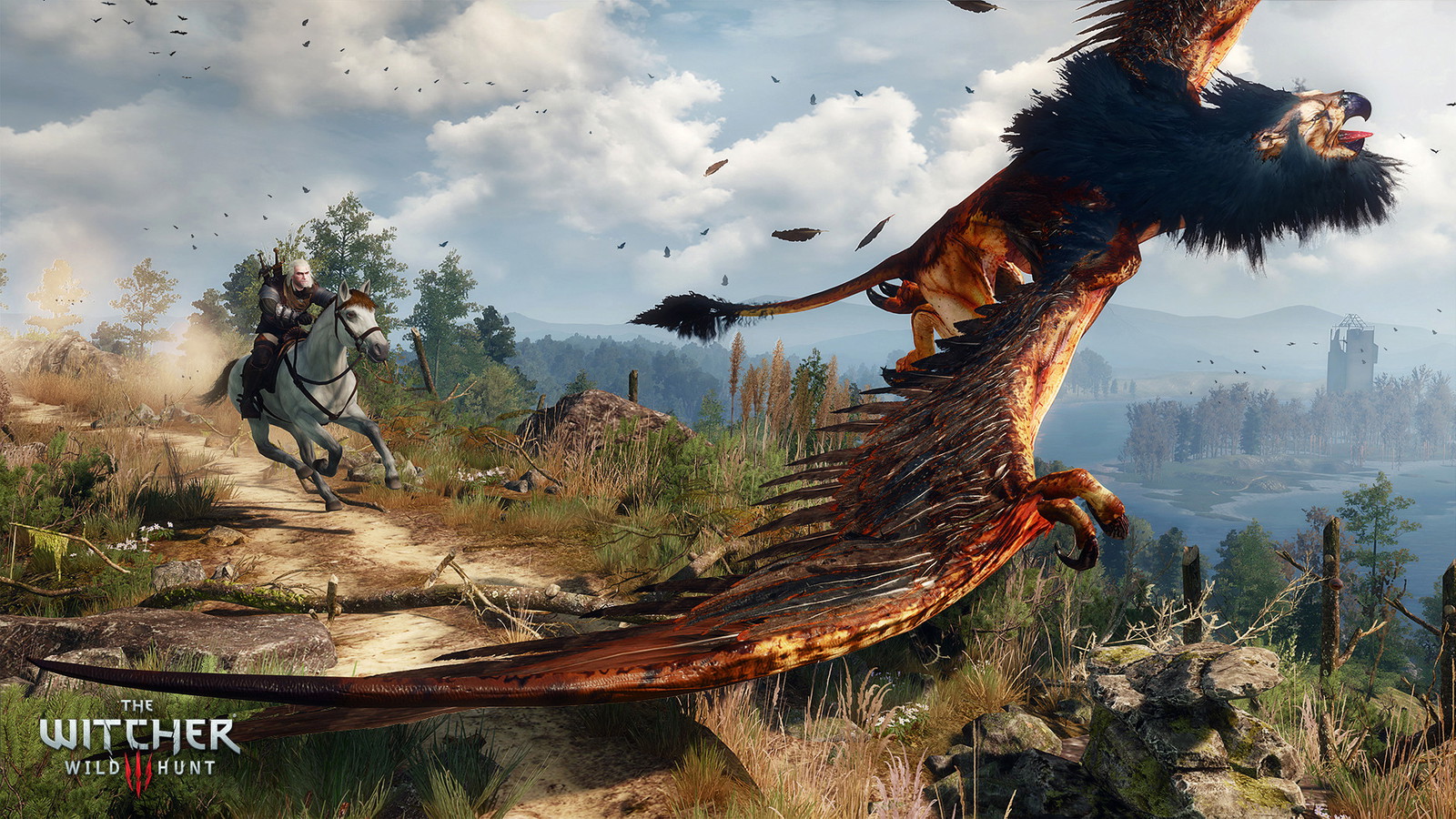
⛶
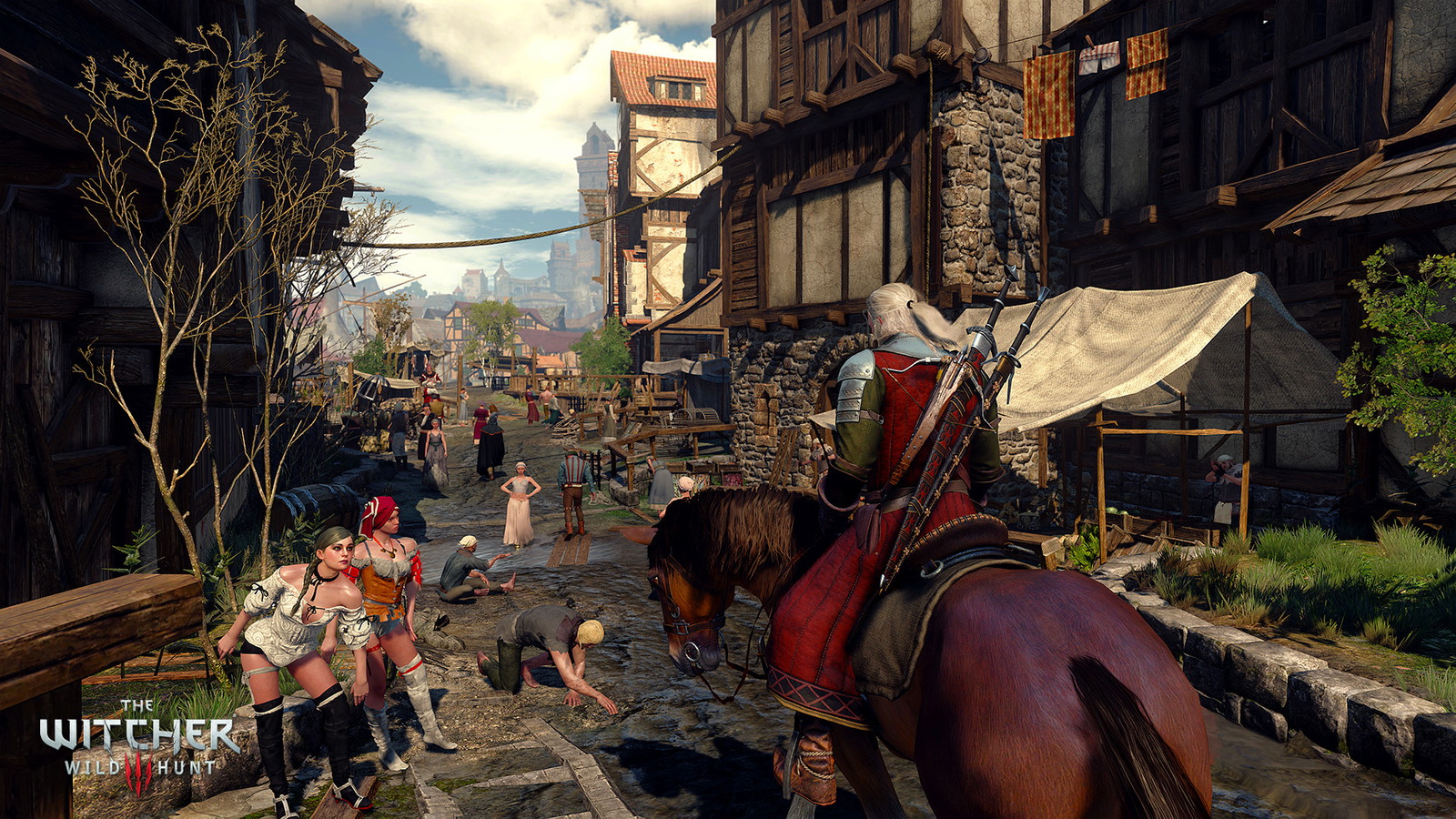
⛶





When players first encountered the “Possession” side quest, few could have predicted they’d soon be faced with one of gaming’s most uncomfortable decisions: whether to place a live baby in an oven. What made this moment particularly striking wasn’t just the choice itself, but how it was presented to players—with no warning, no preparation, and most importantly, no obvious “right” answer.
In a 2020 interview with IGN, Story Director Marcin Blacha explained the philosophy behind such gut-wrenching decisions:
In these kinds of decisions – ones that the gamer may not necessarily want to make – you know which decision needs to be made. The real dilemma here is: when will it be too late to make the choice? There’s a mechanic at play here not unlike, say, an auction, maybe a little bit of a gamble.
This approach to game design was revolutionary at the time. Most RPGs had conditioned players to expect clear-cut moral choices with obvious consequences. But The Witcher 3 threw that rulebook out the window, forcing players to make split-second decisions with potentially devastating outcomes.
The genius of this approach lies in how it subverts traditional gaming mechanics. Rather than simply presenting players with a binary choice, CD Projekt Red created a psychological pressure cooker:
We divide the scene into a couple of steps, and in each step we give the player something that will peak their interest – usually a piece of information. At the same time, we keep raising the tension, suggesting the risk factor is increasing.
The result was a scene that had players sweating bullets, second-guessing themselves, and ultimately facing the consequences of their hesitation or—spoiler alert—lack thereof! It’s a masterclass in creating genuine tension through game mechanics, rather than relying solely on cutscenes or scripted events.
Setting New Standards for Storytelling
 …And influencing countless other RPGs in the process. | Image Credit: CD Projekt RED
…And influencing countless other RPGs in the process. | Image Credit: CD Projekt RED
This approach to player choice wasn’t just about shocking players – it was about making them truly feel the weight of their decisions. As Blacha noted:
It’s important that the gamer believes the threat they’re facing is real: that the baby will end up being burned alive or that Triss might truly die. The Witcher games’ audience has grown accustomed to the fact that the choices we’re putting in front of them are no joke.
The impact of this philosophy can be seen across the gaming industry today. From the moral quandaries of Red Dead Redemption 2 to the time-pressured decisions in Detroit: Become Human, developers have learned that true player choice isn’t just about offering options—it’s about making those choices matter in ways that resonate emotionally with players.
“We’ve no mercy for our characters,” Blacha reminded us, and perhaps that’s exactly what makes The Witcher series so compelling.
As CD Projekt Red moves forward with Project Polaris, now their most advanced project in development, fans are eagerly wondering how the studio will evolve these storytelling mechanics.
But the legacy of that infamous oven scene lives on, reminding us that sometimes the most memorable gaming moments aren’t about what you choose, but how that choice makes you feel. In an era where many games still rely on simple binary choices, The Witcher 3‘s nuanced approach to player agency remains as relevant as ever.
What do you think about The Witcher 3‘s approach to player choice? Did the controversial oven scene change how you view decision-making in games? Share your thoughts in the comments below!

